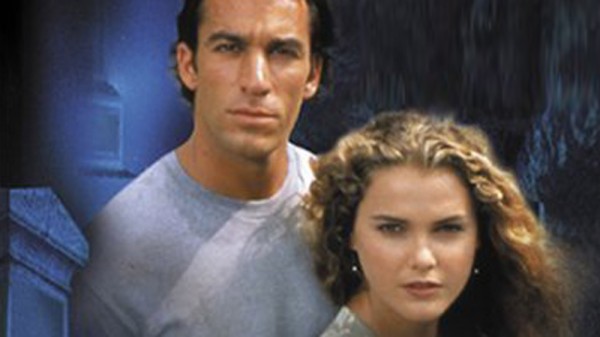Any movies that are to do with the lottery tend to be all about how great it would be to win the lottery. And that’s why we all play it, after all.
We all think to win the lottery would be a good thing. That’s why it’s so great you can use online tools like the euro ticket checker to see whether you’ve hit the jackpot instantly, rather than having to remember to watch the draw. Of course, we’re generally disappointed when we do check our tickets – the chances of winning are incredibly slim after all. But part of the fun is in the fact that the wins are completely random.
One lottery tale that gives an entirely different perspective of the game of chance is The Lottery, a short story written by Shirley Jackson and published by the New Yorker in 1948. When it was first published, this dark tale caused controversy, with many people showing their distaste by cancelling their New Yorker subscriptions. However, over the years it has become one of the classics of American short stories and is taught in middle and high schools. Short films have been made of it, too.
The story starts with people from a small community gathering in a village hall. There’s an air of nervous anticipation and the lottery is mentioned in reverential tones. The townsfolk talk about how the lottery is a tradition and will help to ensure that they have a good harvest.
In the 1996 film version, the scene flips between the village hall and a man sitting on his own in a church, marking one paper with a black dot and putting it with other folded papers into a box. A latecomer to the hall is told off by her husband for trying to hide her son, rather than bring him to participate in the lottery.
Until the very end, the viewer doesn’t see the reason for the people’s anxiety, when they all draw papers from the box and check to see if they have the black dot. It’s the woman who was late, and the film ends with her shouting that it’s not fair as the rest of the townsfolk stone her to death.
Thankfully, the lotteries we all actually play today are of a more light-hearted and positive nature, but The Lottery is a great story about how people’s desire to conform can mean that they are driven to do the strangest thing.

